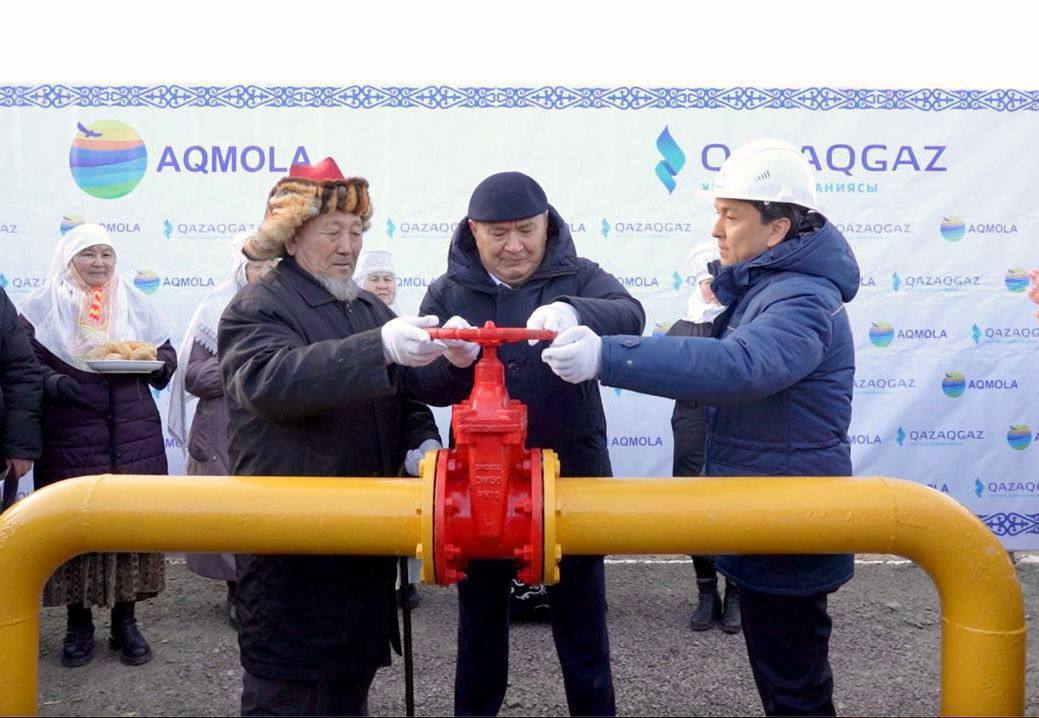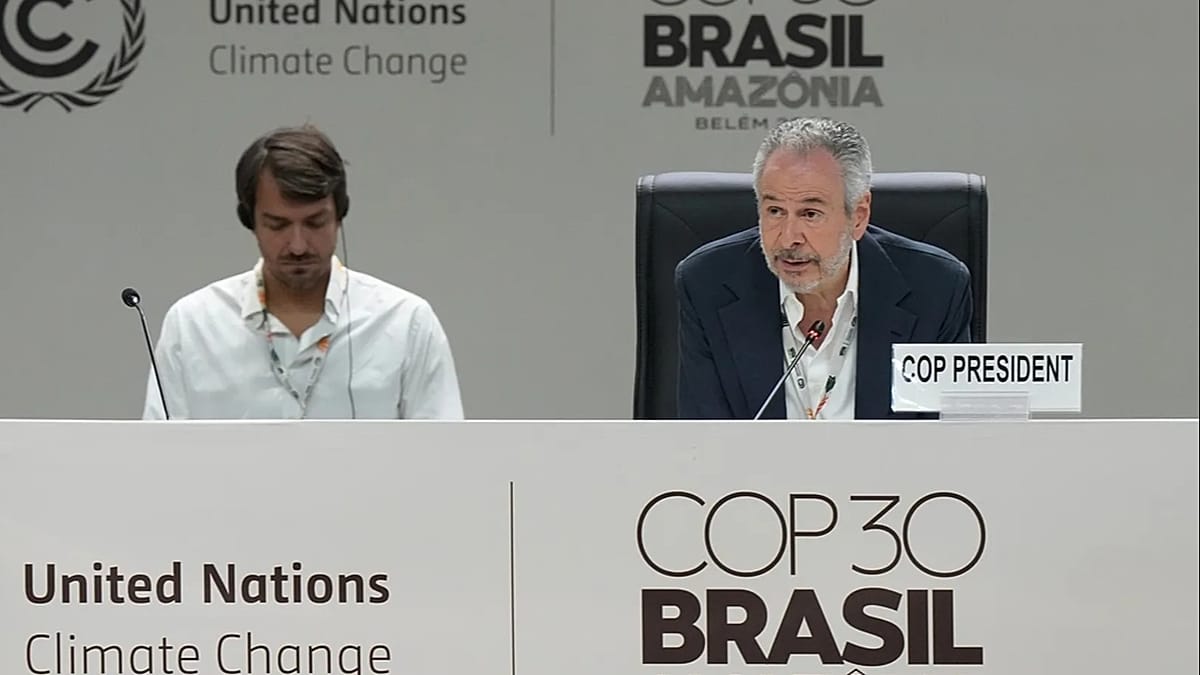German bathing waters shine in EU comparison with top quality

Copenhagen – Water lovers in Germany and other EU countries do not have to worry too much about health-threatening bacteria when cooling off in lakes, rivers, or coastal waters. The European bathing waters almost universally show excellent water quality and are thus suitable for swimming for the vast majority, according to an annual analysis of more than 22,000 bathing sites in the 27 EU countries, Albania, and Switzerland published by the European Environment Agency EEA in Copenhagen.
About 85 percent of the examined bathing sites were certified by the EU authority as having excellent water quality, and nearly 96 percent met at least the EU minimum standards. This corresponds roughly to the values of the previous year. These results showed that Europeans could swim without concerns in most waters, explained EU Environment Commissioner Jessika Roswall.
Nine out of ten German bathing sites are top-notch
Germany performed even better than the average: 90.5 percent of the nearly 2,300 bathing waters examined here achieved excellent water quality, representing a slight improvement compared to the previous year. The Federal Republic thus earned the eighth-best overall score among the 29 participating countries this time.
Only the leaders Cyprus, as well as Bulgaria, Greece, Austria, Croatia, Denmark, and Malta achieved an even higher proportion of excellent bathing waters. The particularly popular holiday countries Italy and Spain followed closely behind Germany. The last places were occupied, as in the previous year, by Albania, Poland, Estonia, and Hungary.
“We can all be glad that the vast majority of our bathing waters are clean enough for swimming”
Leena Ylä-Mononen, EEA Executive Director
At the same time, Ylä-Mononen emphasized that there is still more to be done to improve the cleanliness of European waters and their resilience to new challenges such as climate change.
Continuous improvements in water quality
The report from the Environment Agency is published annually in time for the summer bathing season. The EU authority primarily aims to comprehensively show where swimmers in Europe can find well-managed bathing sites. In assessing the suitability of the water for bathing, it focuses on the contamination of waters with fecal bacteria, which can lead to stomach upset, diarrhea, or infections in humans, for example. This concerns intestinal enterococci and Escherichia coli, which mainly originate from wastewater and agriculture.
In general, the quality of bathing water in Europe has significantly improved over the decades, according to EEA data, mainly thanks to EU regulations. Thanks to ongoing efforts, it is now also possible to swim in urban and once heavily polluted waters. As a prime example, the Environment Agency cited Copenhagen, recently named the most livable city in the world, where continuous investments have been made in wastewater management and treatment since the late 1990s, and numerous other measures have been taken since then.
The EEA has evaluated data for the report that was reported to it by the countries for the bathing seasons 2021 to 2024. The quality of coastal waters is generally better than that of rivers and lakes because they can renew themselves more frequently due to tides and thus have greater opportunities for self-cleaning. (June 20)












































